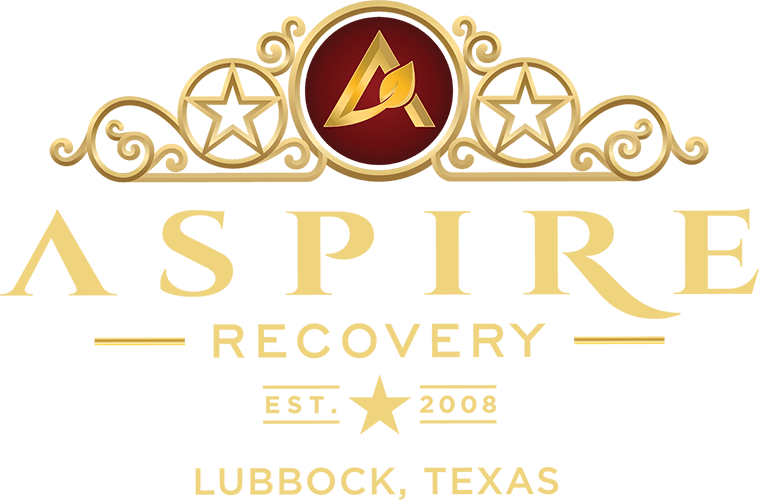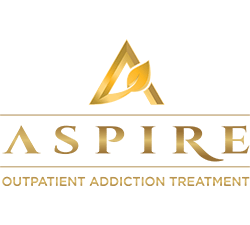The Disease Model
Understanding Seeking Drug Treatment Is Not a Moral Failing
The disease model of addiction is the accepted by both the medical and scientific communities. It states that addiction is not a moral failing, or sign of weak will, but instead a disease of the brain. This can be confusing when hearing about this model for the first time.
Many individuals come to us with the question, "can a disease really begin with a choice?"
In our experience, yes it can.
The Disease Model Does Not Remove Accountability…
That being said, It is important to understand that the disease model is not an attempt to remove accountability from an addict or alcoholic.
The disease model should not be fixated on when explaining how an addiction began. Instead it should be used a resource to understand how addiction needs to be treated medically.
Just like any chronic illness, addiction requires a treatment plan. It simply is not enough to remove an individual from drugs or alcohol for a period of time and deem them cured. Just like stopping an individual with lung cancer from smoking for a few weeks wouldn't remove their tumors.
The disease model helps explain that treating addiction is a long term process which entails many different approaches and disciplines to give individuals the highest likelihood of remission, or in other words - a lifetime of sobriety.
How Addiction Alters the Brain
A vast amount of research supports this model as addiction contributes to physical changes in the brain structure. Through research it has been demonstrated that addiction desensitizes the reward circuits of the brain, reinforces conditioned responses surrounding the substance, and decreases the brain's ability to self-regulate and make decisions.
In short, no drug rehab can truly be effective without treating addiction as a disease. The model helps medical professionals continue to make advancements in the field of addiction treatment.



